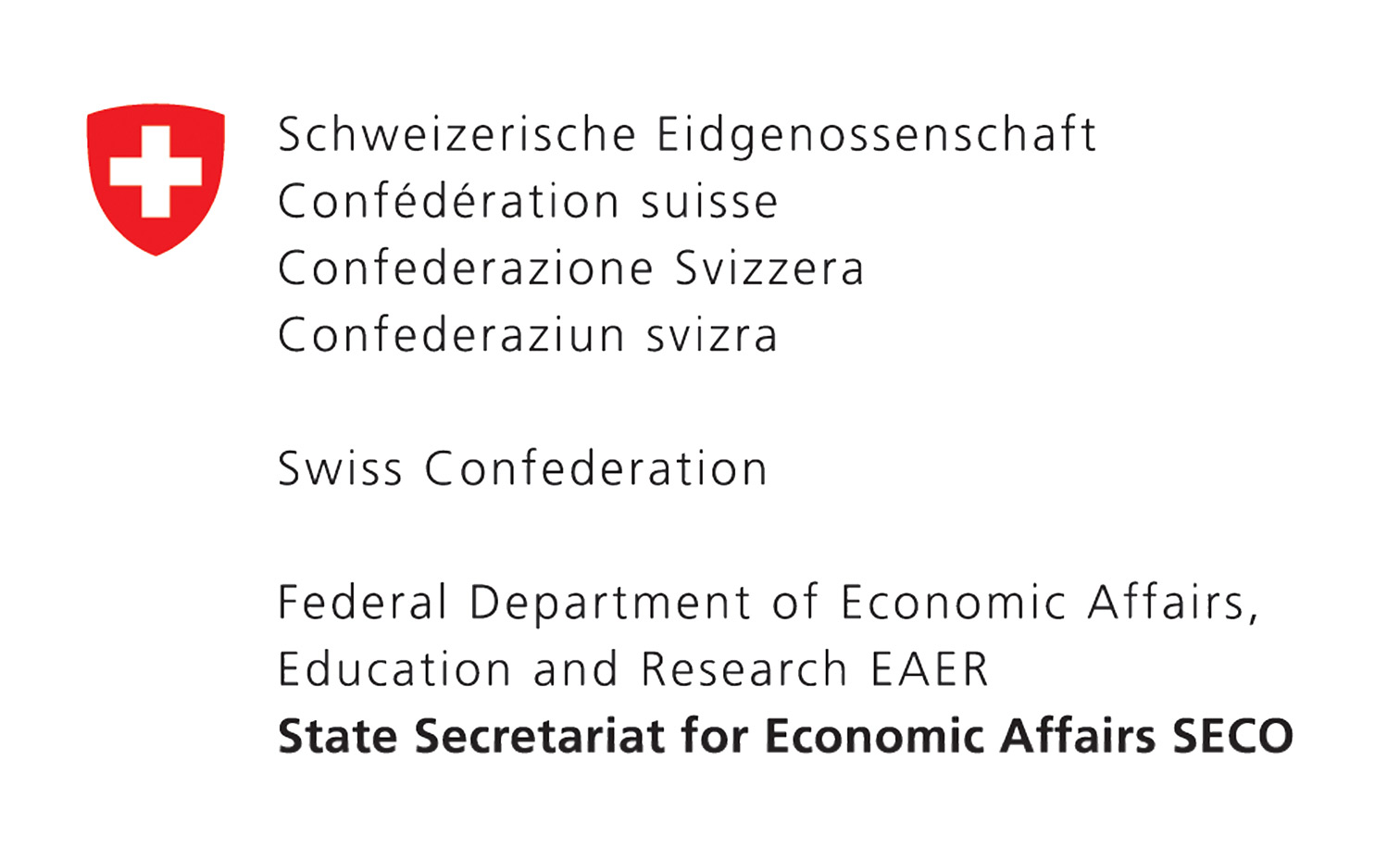
FAST-Infra Label



November 2022 - Ongoing
Global, with a focus on emerging markets
Bloomberg L.P. (Appointed as the Data Repository for the Label)
FAST-Infra Group
The FAST-Infra Label is a credible, consistent, and global system designed to identify and evaluate sustainable infrastructure projects to support their financing and create a liquid asset class. It is designed to enable developers and operators to leverage the positive impact of sustainable infrastructure to attract and engage investors who seek to contribute to sustainable outcomes.
The Label’s evaluation framework consists of 14 criteria spanning four 'dDimensions' of sustainability: Environmental, Social, Governance, and Adaptation and Resilience. Infrastructure assets must comply with all 14 criteria and additionally demonstrate significant positive sustainability performance in at least one criterion.
The objectives of the Label are to unlock private financing for sustainable infrastructure, standardisze definitions and metrics, and promote global comparability and compatibility. It aims to integrate best practices in environmental, social, governance (ESG), and resilience aspects, enhance credibility and technical rigor, empower infrastructure stakeholders to drive sustainable change, and facilitate access to data for informed decision-making.





The FAST-Infra Group has designated Global Infrastructure Basel Foundation (GIB) as the Secretariat for the FAST-Infra Label, entrusting it with the ongoing management and promotion of this key initiative. As the Secretariat, we oversee all administrative aspects of the Label, including coordinating with stakeholders, maintaining the assessment and certification process, supporting outreach and advocacy efforts, and ensuring the continued relevance and credibility of the Label as a global standard for sustainable infrastructure.
Unlocking private sector capital for sustainable infrastructure projects, particularly in emerging economies, addressing the global investment shortfall to bridge the infrastructure finance gap.
Accelerating the transition to a low-carbon economy by aligning projects with international sustainability standards and – promoting investments in low-carbon infrastructure, helping meet the global goal of net-zero emissions by 2050.
Improving transparency and standardisation by providing standardised definitions for sustainable infrastructure, making it easier for investors to assess and compare projects, thus enhancing trust and reducing investment risks.